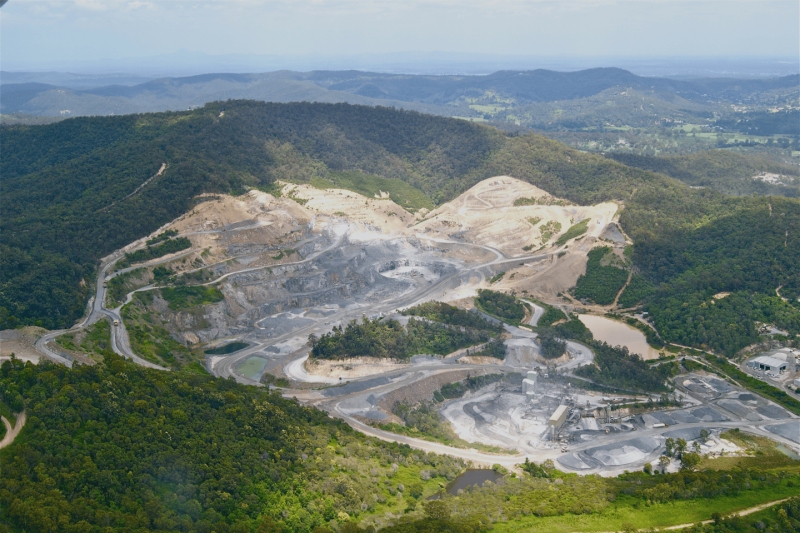These rights—frequently separated from the surface ownership—can pose serious challenges to landowners and developers alike.
What are mines and minerals rights?
Mines and minerals rights refer to the legal ownership of minerals beneath the land, such as coal, limestone, oil, gas, or metals. In many cases, these rights have been historically severed from the surface title and are now owned by third parties, including private individuals, corporations, or even the Crown.
How can they affect development?
1. Third-party consent requirements
If a third party owns the mineral rights beneath your land, you may need their consent before any work that disturbs the subsoil can proceed. This includes digging foundations, installing drainage systems, or other groundworks—common aspects of most developments.
2. Increased costs and economic risk
Securing the release or waiver of these rights can be costly. Negotiations with the rights holder may involve legal fees, compensation payments, or lengthy delays—all of which can jeopardise the financial viability of your project.
3.Uncertainty and delays
In some cases, the current owner of the mineral rights may be unknown or difficult to trace, especially where rights were granted many decades ago. This legal uncertainty can stall a development indefinitely while searches and investigations are carried out.
4. Risk of future exploitation
Even if your immediate plans are unaffected, the existence of separate mineral rights creates a long-term risk. A third party could exercise their rights to exploit minerals in the future, potentially disrupting your land use or reducing the property's value. In some cases, this risk may also impact planning applications or conditions imposed by the local authority.
What should landowners do?
Before proceeding with any development, it is essential to:
• Review title deeds and land registry entries for any reference to mines and minerals rights.
• Get specialist legal advice to identify third-party interests and decide the strategic approach.
• Consider title indemnity insurance where appropriate, to protect against future claims.
Understanding and addressing mines and minerals rights at an early stage can save time, avoid unexpected costs, and protect the long-term value of your land.
Speak to a specialist
If you have an issue concerning mines and minerals rights and your land, or the land of one of your clients, please contact our rural property disputes specialist Estella Prince, Legal Director (estella.prince@hagenwolf.co.uk).


